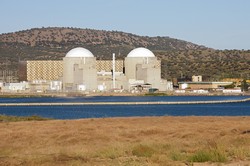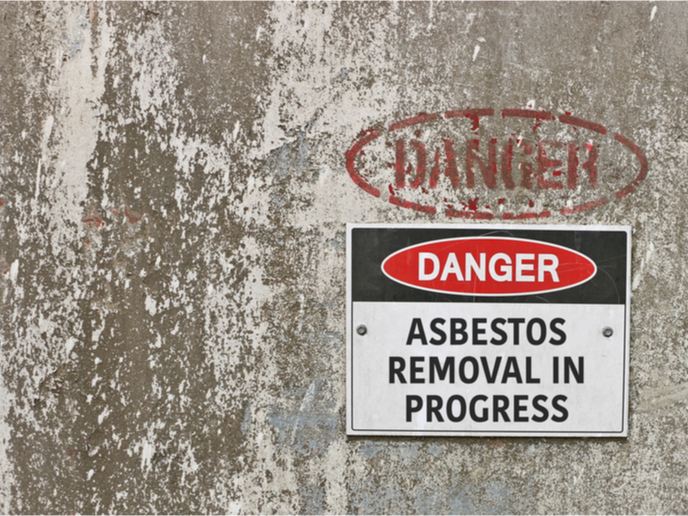Enhanced emergency preparedness and response for nuclear and radiological incidents
Work on the project PREPARE (Innovative integrative tools and platforms to be prepared for radiological emergencies and post-accident response in Europe) built on the outcomes of NERIS-TP to enhance emergency preparedness and response (EPR) for nuclear and radiological emergencies. Partners addressed the review of existing EPR procedures for dealing with long-lasting releases as well as cross-border problems in monitoring and food safety. They developed functionalities missing from decision-support systems. These included improved source term estimation and dispersion modelling, as well as the inclusion of hydrological pathways for European water bodies. Through a collaboration of industry, research and governmental organisations in Europe, PREPARE developed an Analytical Platform (AP) exploring scientific and operational means to improve information collection and exchange and also the evaluation of such disasters. The AP constitutes a valuable pool of expertise for authorities as well as also non-institutional experts. The portal's 'Ask the expert' tool is dedicated to a two-way communication with the public. This enables information to be adapted to the actual needs of the public and to answer questions posed by the media. Researchers also studied traditional and social media to improve the communication of relevant, reliable and trustworthy information to the public. PREPARE developed general recommendations for implementing media communication in an emergency management plan. Producers, consumers and other stakeholders in the processing and retail sectors were consulted on how to improve the overall management of goods contaminated due to such disasters. Stakeholder panels reviewed existing guidance and identified areas for improvement. The outcomes of such targeted meetings aim at enhanced preparedness plans for post-accidental situations at national and local levels in European countries. Other project activities included training, exercises and dissemination. Various workshops were organised during the project, including the final 'Innovative integrative tools and platforms' workshop, held in Bratislava, Slovak Republic in January 2016. A total of 112 participants representing 24 countries participated in the workshop. Project work resulted in tools and methodologies that can be used in national organisations and implemented in decisions-support systems such as ARGOS and RODOS. PREPARE thus delivered important contributions to the harmonisation of EPR in Europe.






